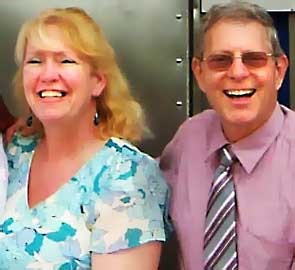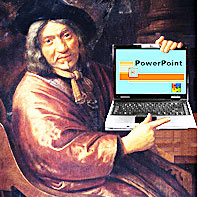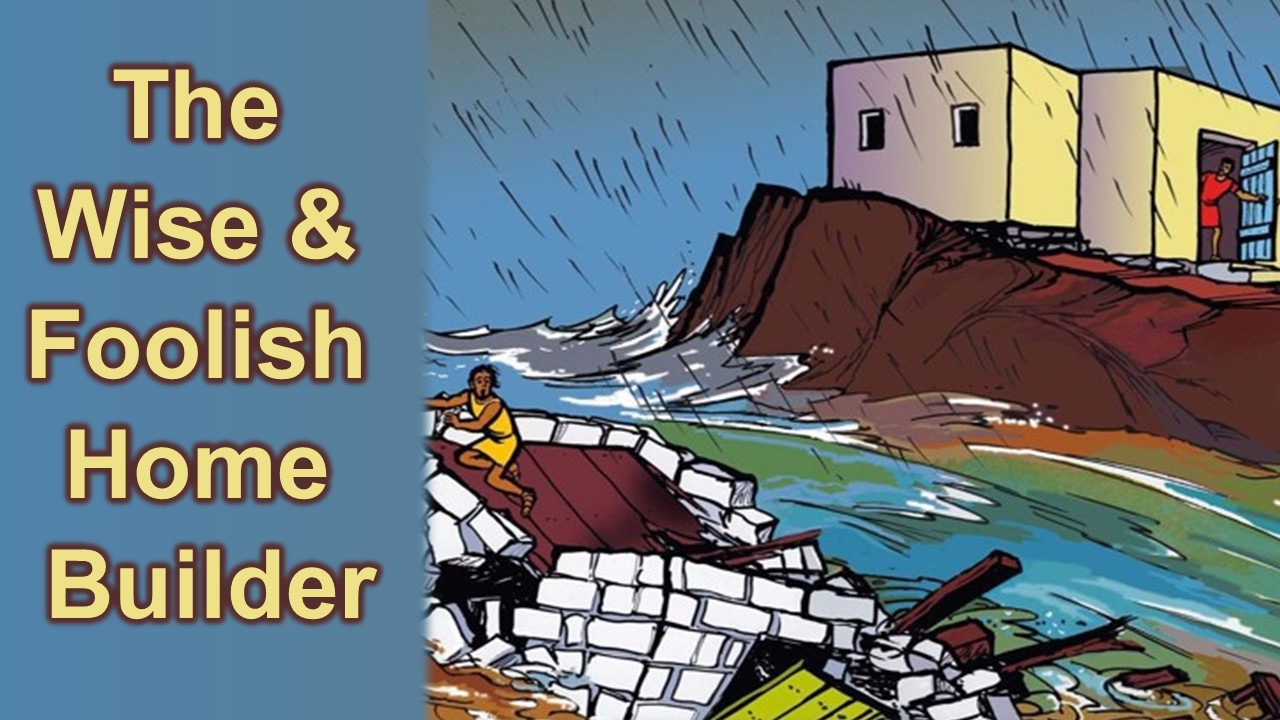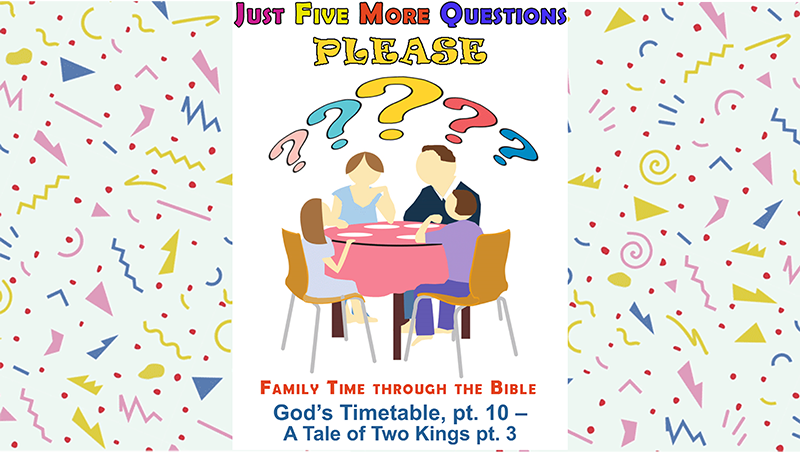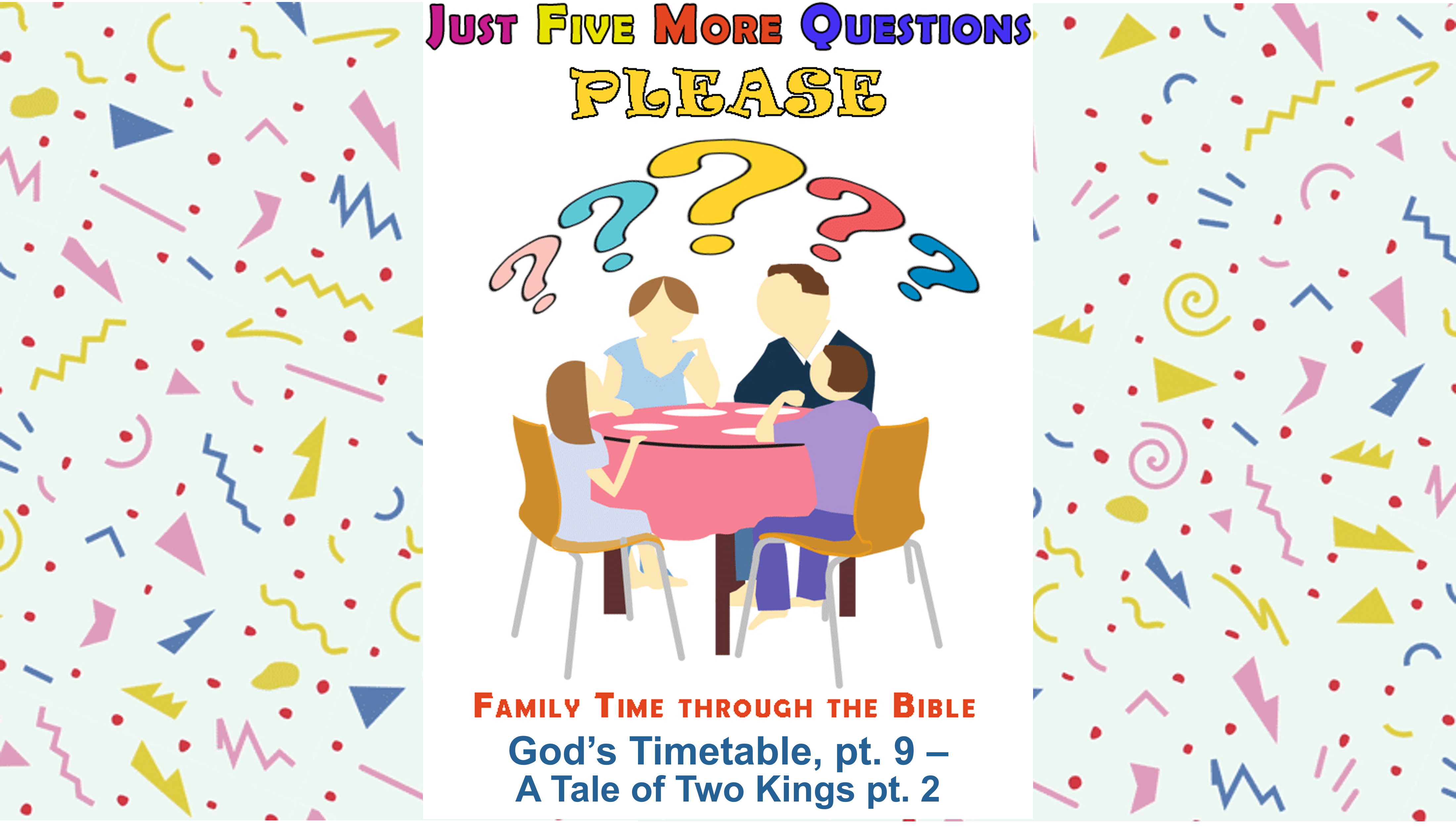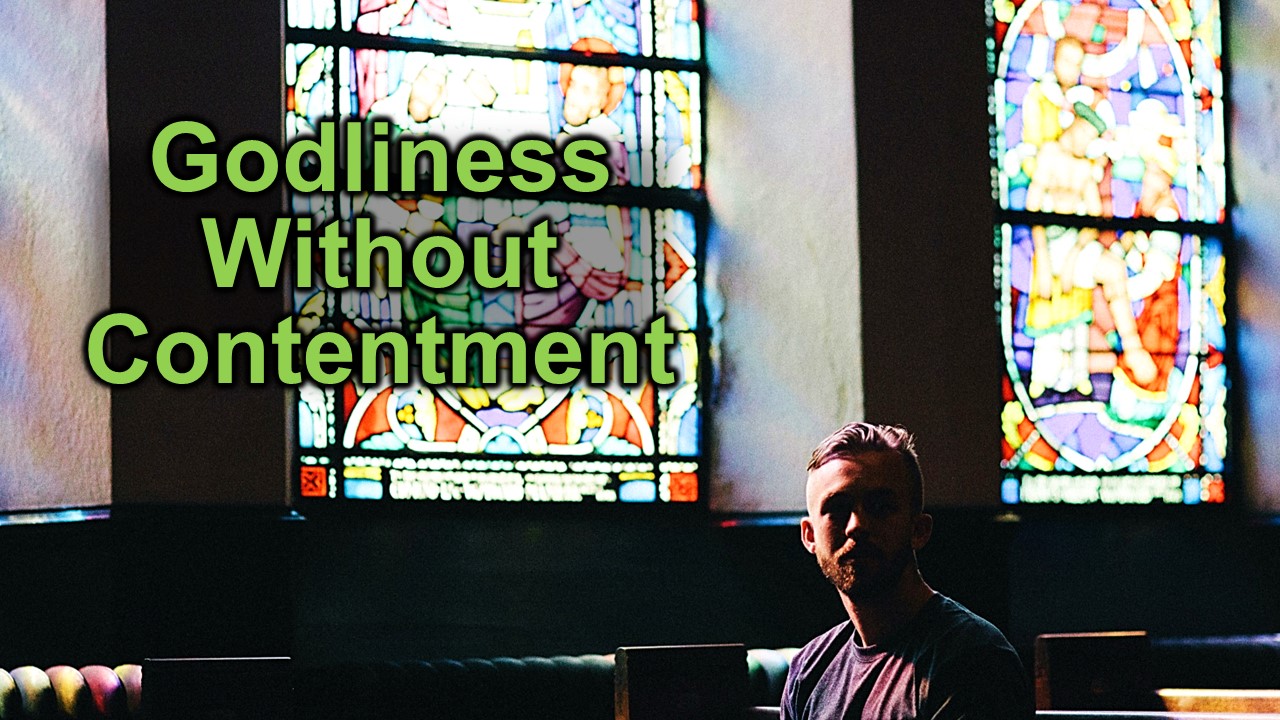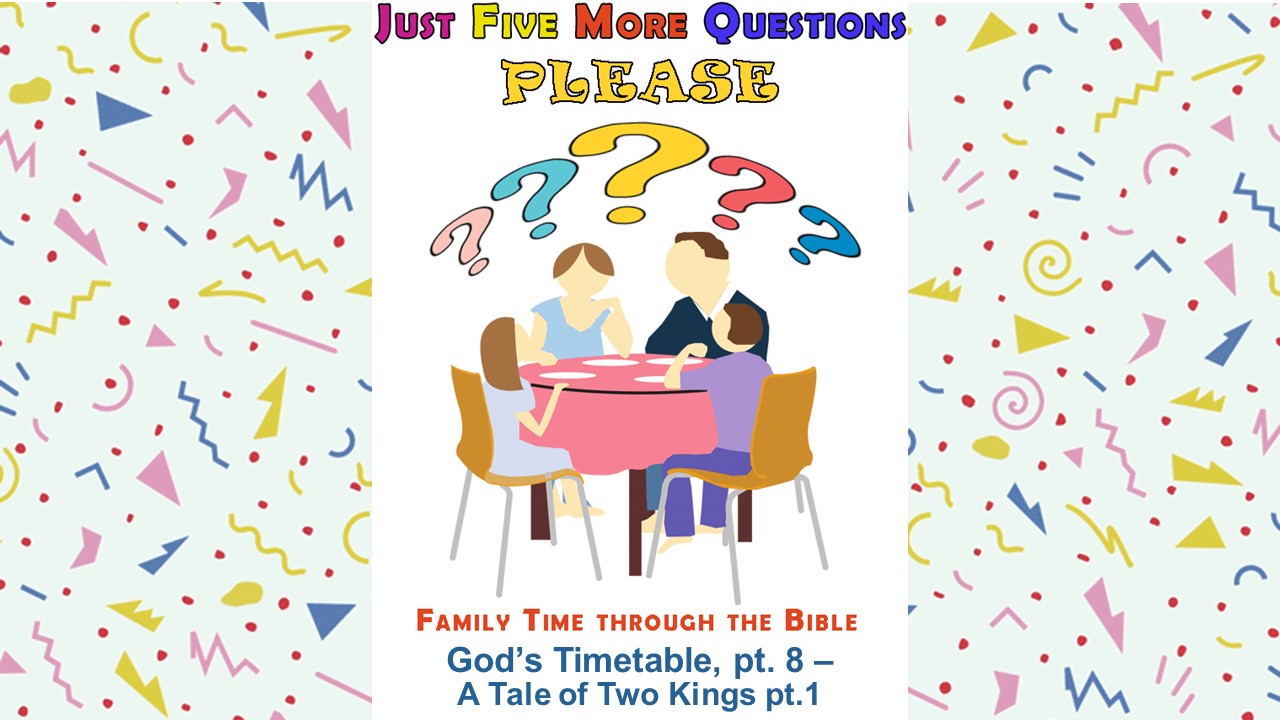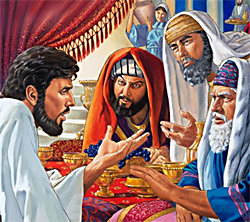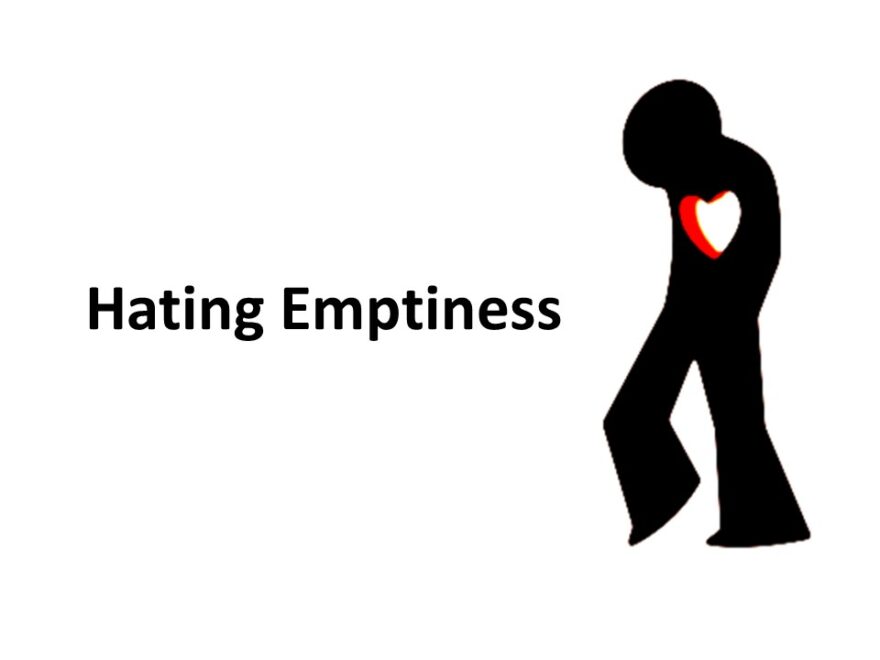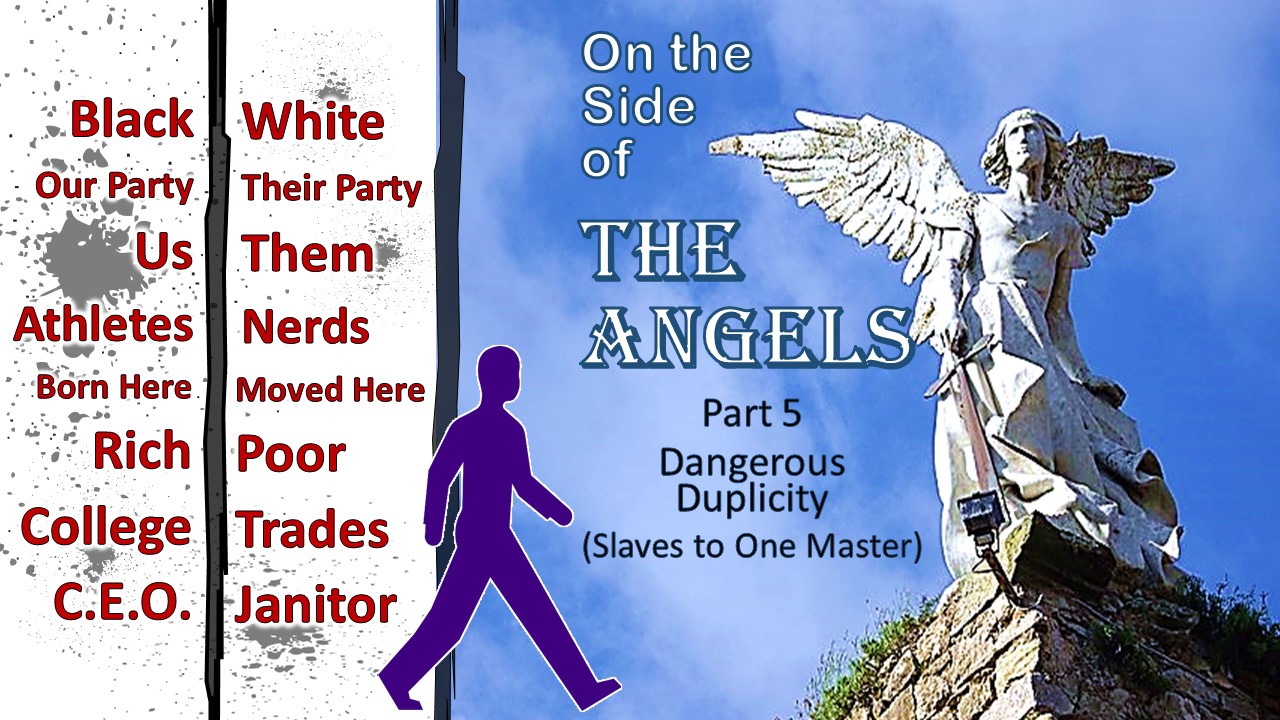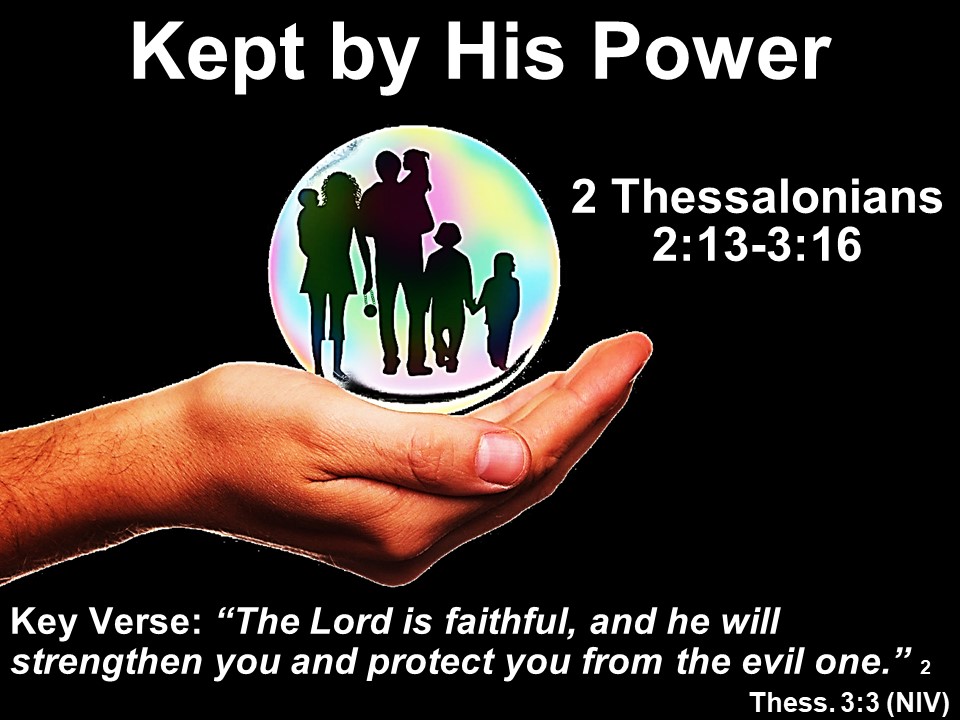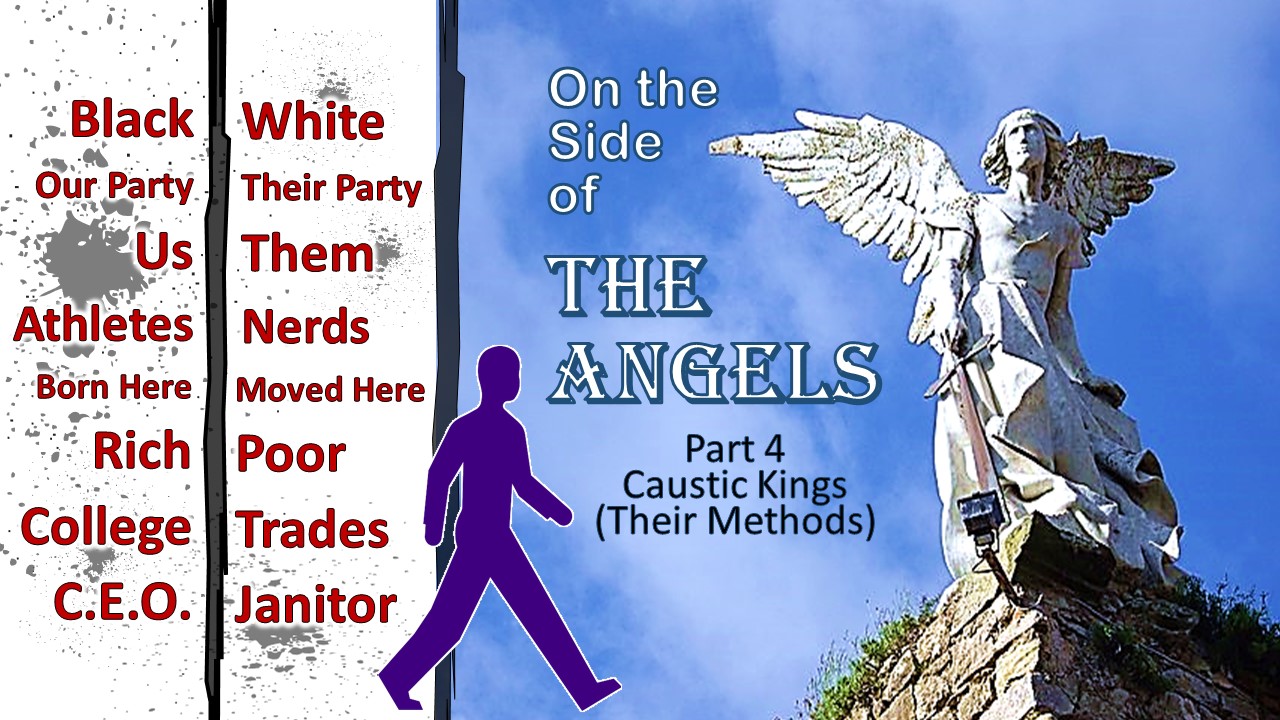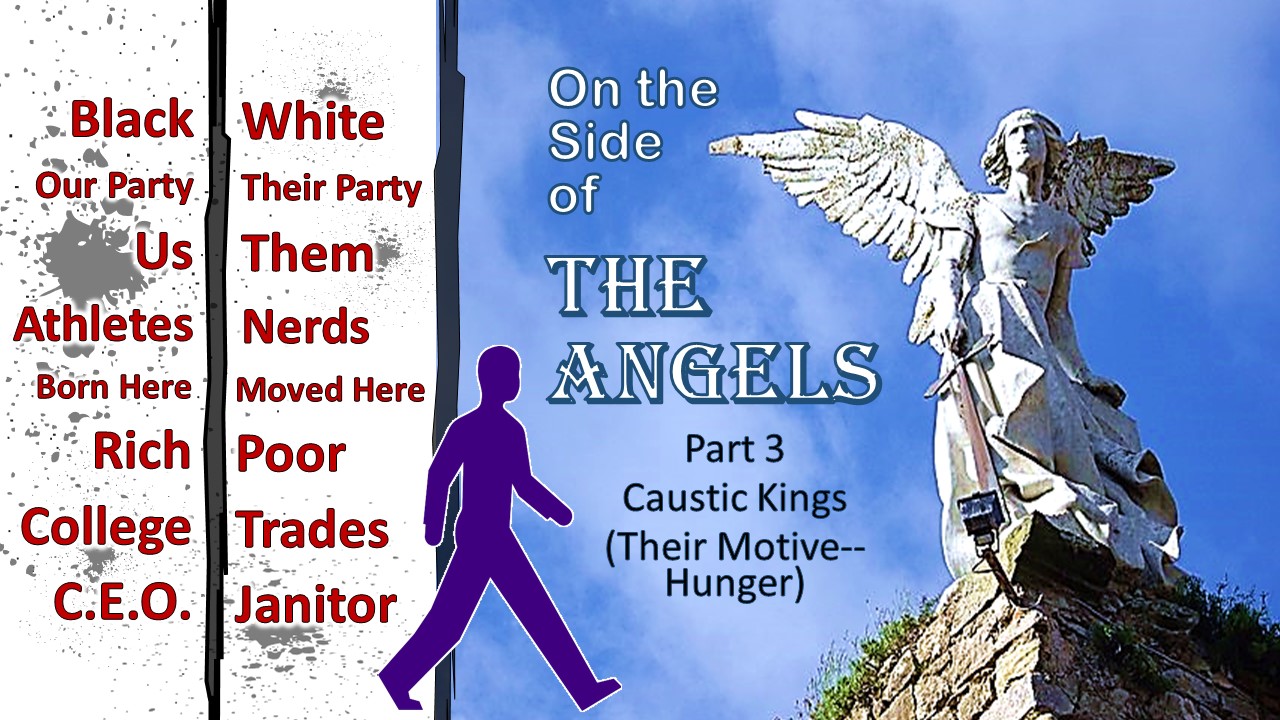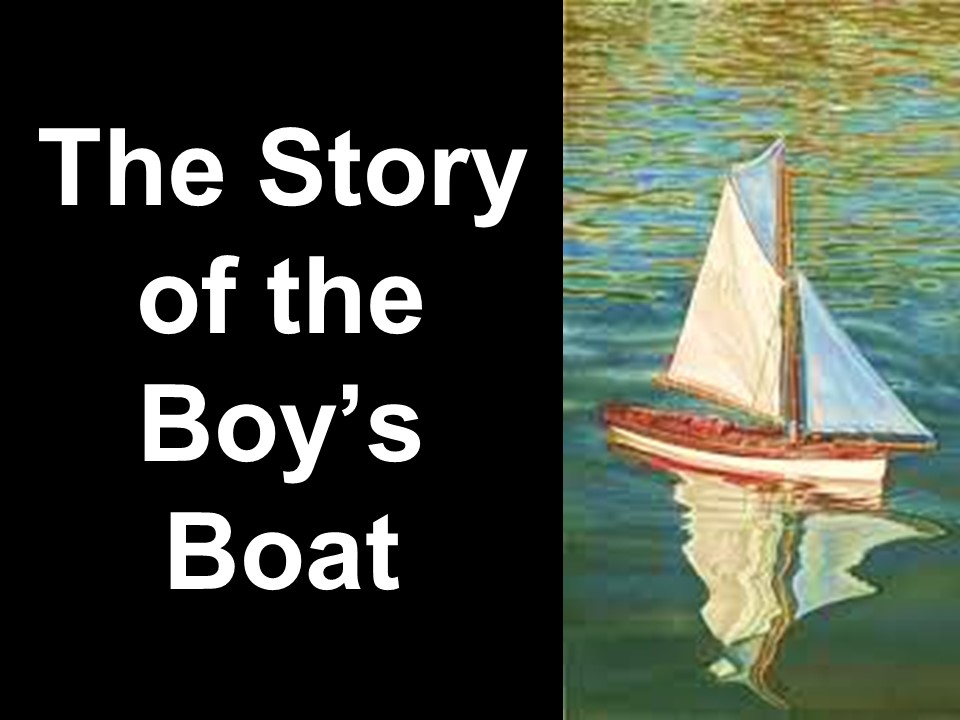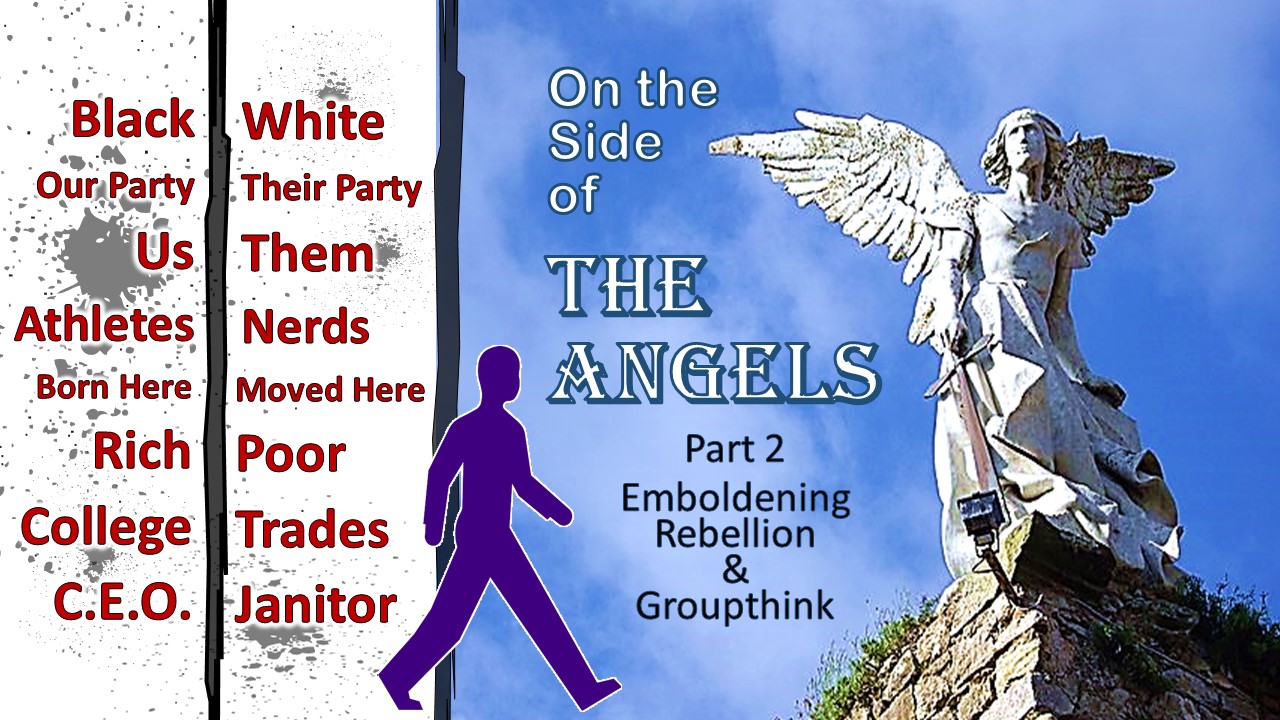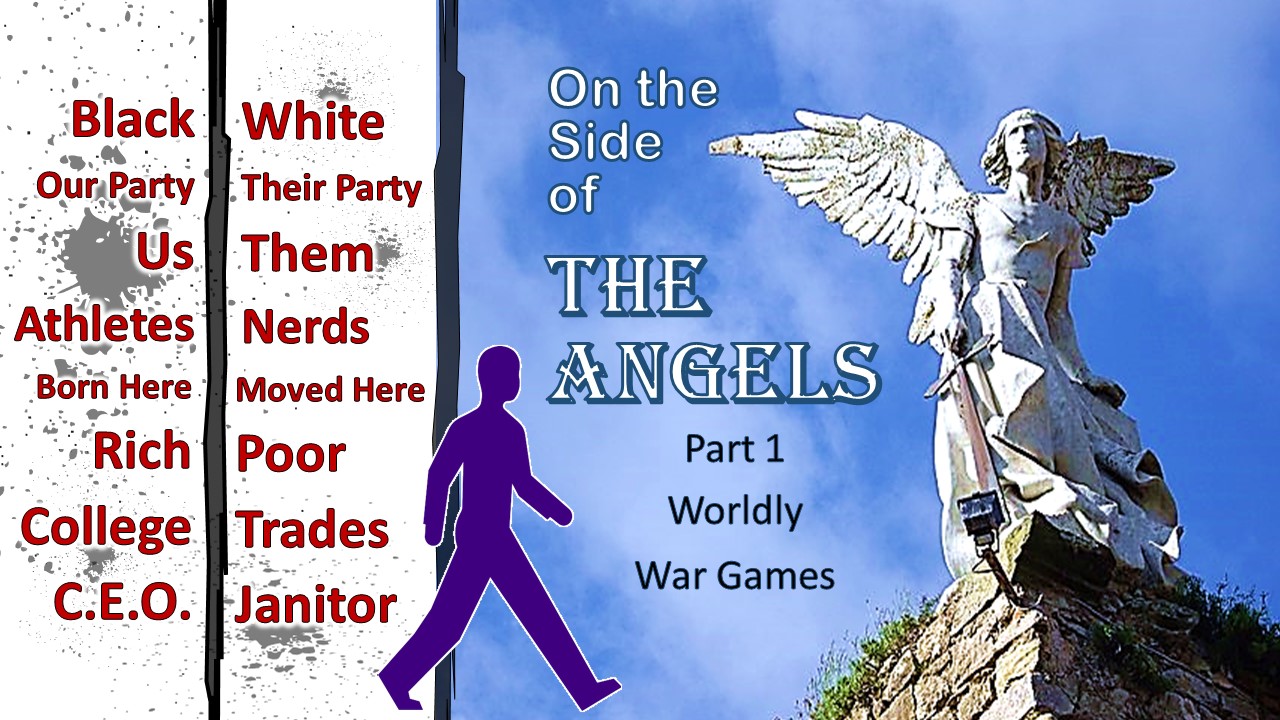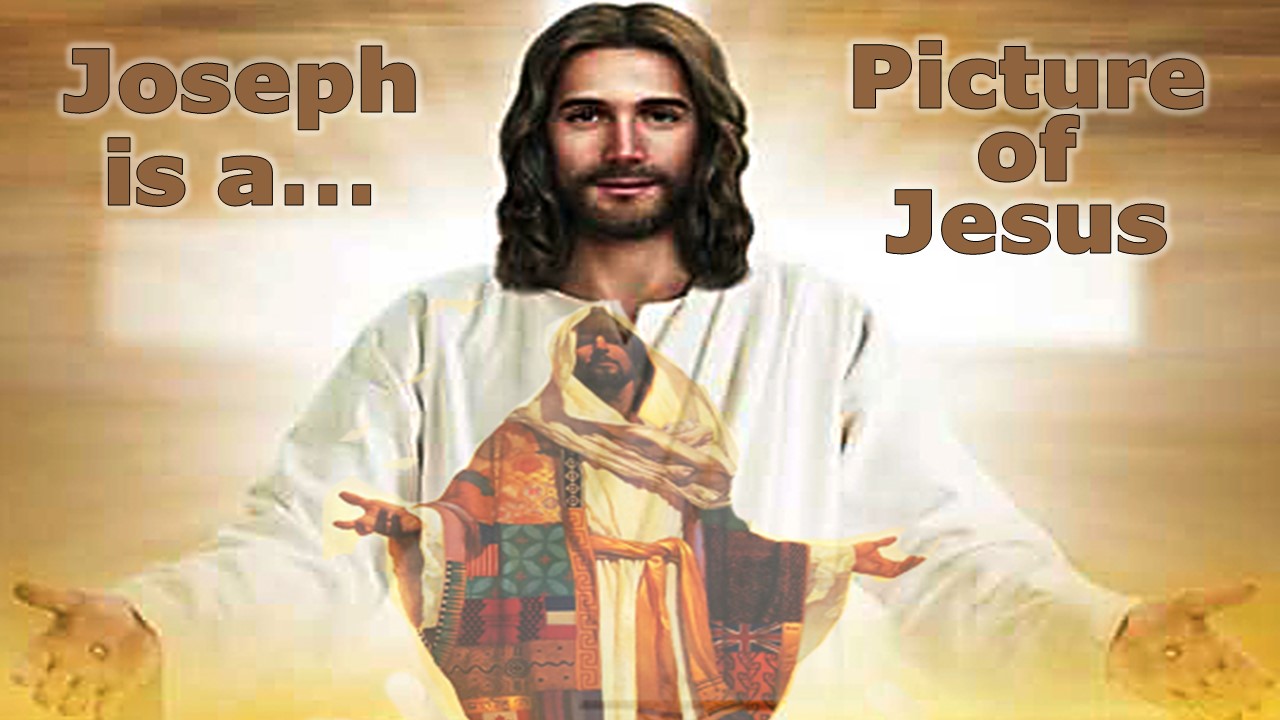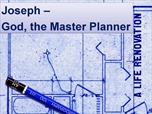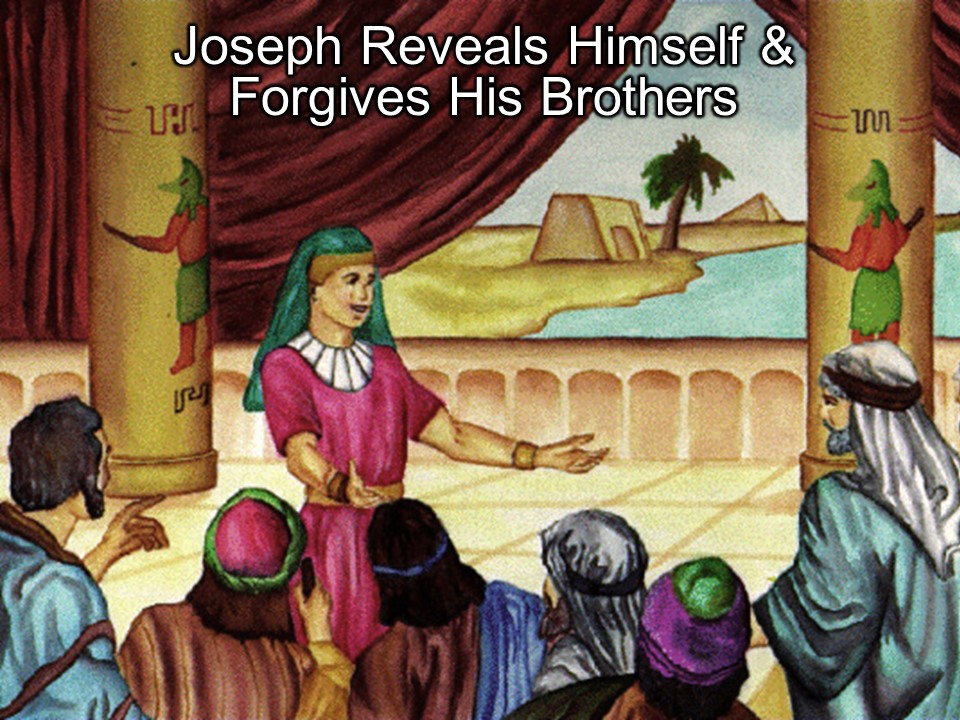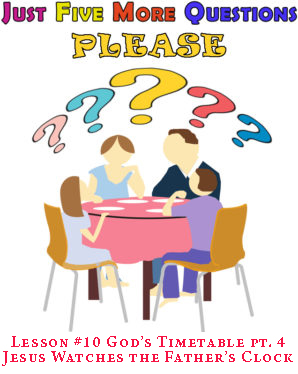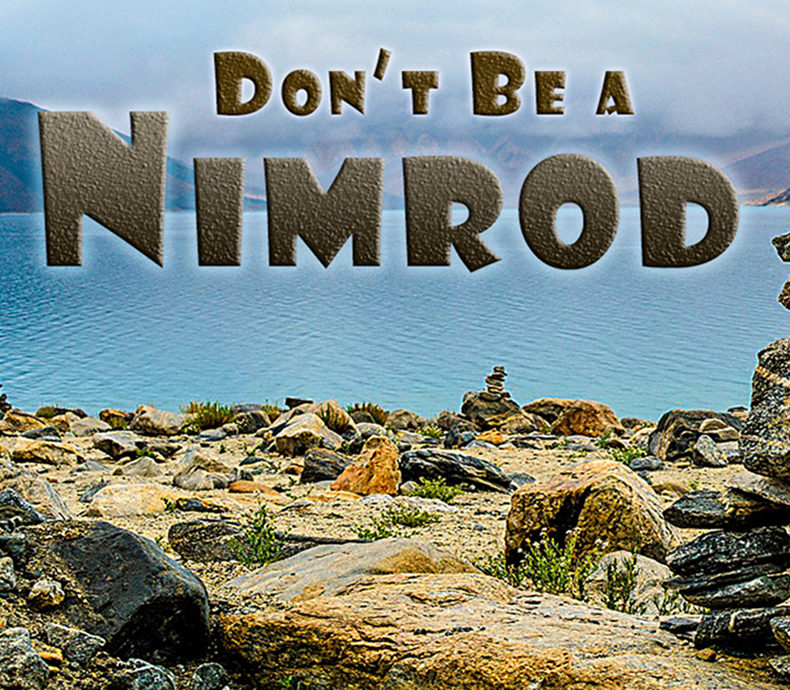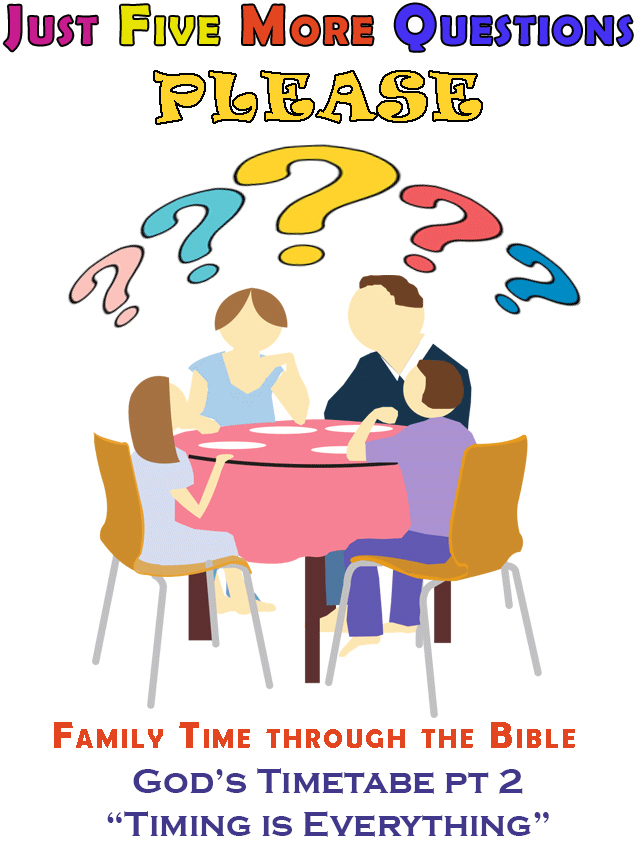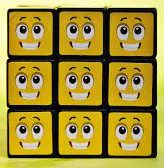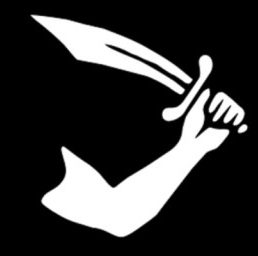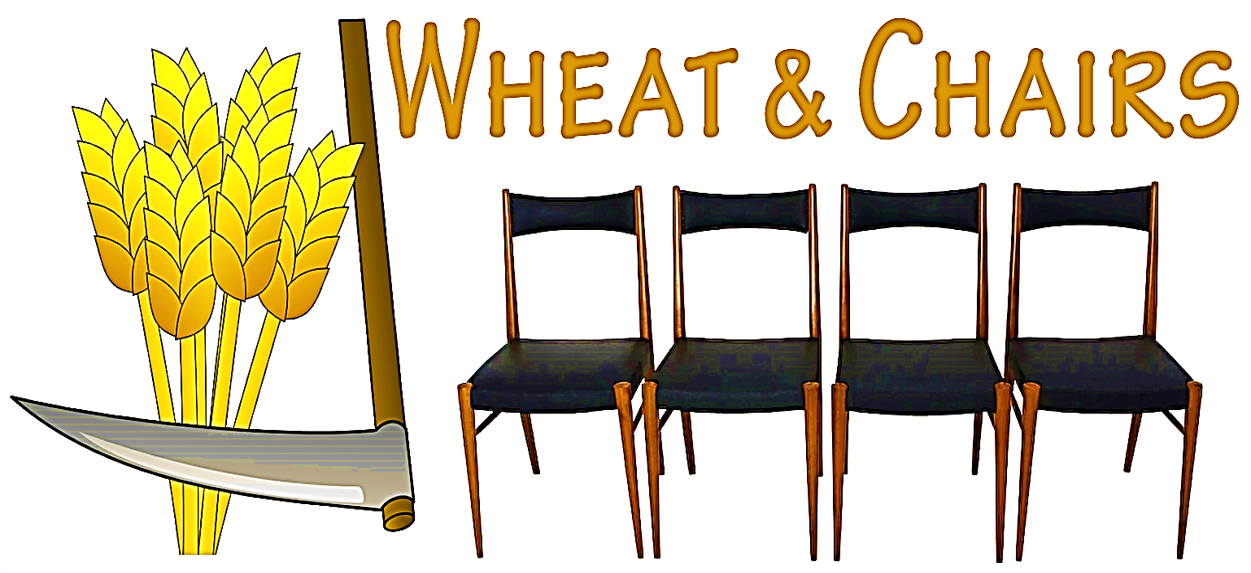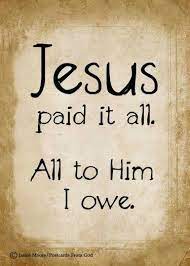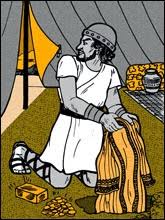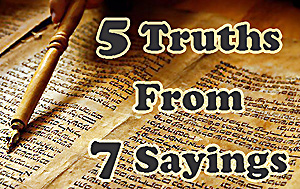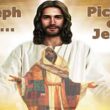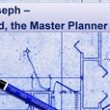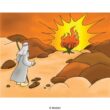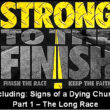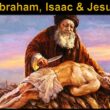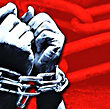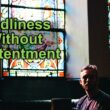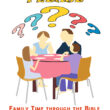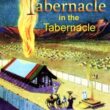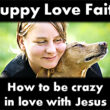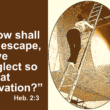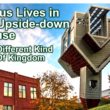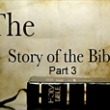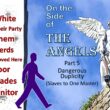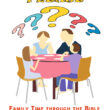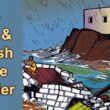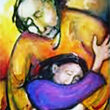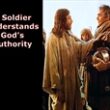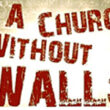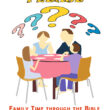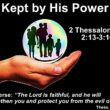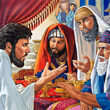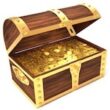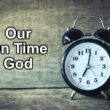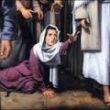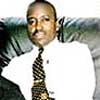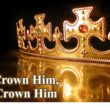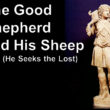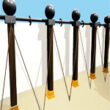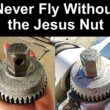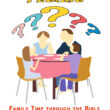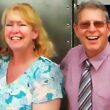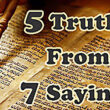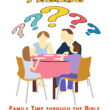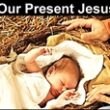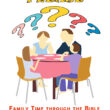Outreach Quote of the Day:
“Lost! Lost! Lost! Better a whole world on fire than a soul lost! Better every star quenched and the skies a wreck than a single soul to be lost!”
―Charles Spurgeon
Download Free PowerPoint Here:
Preview PowerPoint Here:
>
Watch Our Live Teaching Here
Herod the Not so Great – Seeking Prestige:
When the pleasure-seeking Greek empire gave way to the power-grabbing Roman forces, Herod was fully engaged with it all.
But, in his heart of hearts, he wanted more than anything to be remembered as a Great Man, a contributor, God’s gift to mankind, a name (dare we say) above every name.
We recommend the following music to go with your lesson time together:.
1) All the Glory Must be to the Lord
2) Litany of Humility
3) Psalm 127
4) You Alone
May God Bless Your Session
__________________________________________
A Tale of Two Kings Pt. 3 Transcript
Herod the Not So Great (Seeking Prestige)
A Tale of Two Kings Pt. 3, Herod, the Not So Great (Seeking Prestige)
Remember, God is working from a timetable! He has everything scheduled for the rest of time.
In Review, In A Tale of Two Kings Pt. 1 – We saw how worldly pleasures can steer men’s hearts away from God…
In pt. 2 – We saw how hunger for power and higher placement corrupts men’s hearts.
Let’s catch up a little on the history. We learned that…
The Jewish Hasmonean army defeated the Greeks.
They rededicated the temple to God and lit the Temple lamp.
Traditionally, this lamp contained only one days’ worth of oil.
Yet, as the tale is told, it burned for eight days.
This is where the Jews get their eight-day celebration called, Hanukkah.
Some of the Hasmonean leaders eventually decided that it wasn’t enough to be just a king or just a High Priest.
This combined position of both King and High Priest belongs to —
Christ Jesus Alone!
The Hasmonean dynasty lasted around 103 years…
Then came the Romans!! The Hasmonean dynasty came under the thumb of Roman rule.
Herod’s father was called Antipater.
Herod’s mother was Cypros, an Arabian princess from Jordan.
The members of this family were not natural-born Jews.
They were Arabs.
They were originally royalty in the land of Edom (also called “Idumea.”
Edomites were descendants of Esau –the brother of Jacob who had sold his birth-right (as the eldest son) for a savory bowl of soup.
Julius Caesar made Antipater (Herod’s father) governor of Judea.
He was to be under the Hasmonean high Priest named Hyrcanus.
Once Antipater was in office, he promoted his first son, Phasael, to be governor over Jerusalem.
Then, Antipater, as the new governor of Judea, also promoted his second son, Herod, as governor over Galilee.
Herod was a young man of 25 yrs. when this position was given him.
Then, Octavian turned against Mark Antony & Cleopatra and changed his name to Augustus.
Although Herod had originally sided with Antony, now, at the last minute he switched his allegiance to Augustus.
In gratitude, Augustus, the new Caesar, pronounced Herod as the new “King of Israel.”
Now that he was finally the reigning King of Israel, Herod sought to secure his position.
He had his wife’s grandfather (the very Hasmonean High Priest he brought back from exile) executed.
He executed 45 alleged supporters of Antigonus (the Hasmonean leader).
These where members of the ruling Jewish council called, “the Sanhedrin.”
Herod had them put to death and appointed a new a Sanhedrin council loyal to him and Rome.
This was the end of the Hasmonean dynasty & the beginning of the Herodian dynasty.
And now, on with our story.
A Tale of Two Kings Pt. 3 Herod, the Not So Great (Seeking Prestige)
Pleasure and power are not enough to satisfy the hungry monster within each of us called, carnality.
Even powerful tyrants want to be liked. They want to leave a legacy, for history to remember them as a wonderful person who benefited the world. Regarding whether religious leaders are as accountable for their bad deeds as political leaders are, a man named, Sir Lord Acton said:
“Power tends to corrupt and absolute power corrupts absolutely. Great men are almost always bad men, even when they exercise influence and not authority…”
“Many don’t even want to be in power, but they do want prestige.
They want to be famous and well thought of.
They want to be popular, sought after, have high name reignition, tons of thumbs up, likes, you name it.
“Power tends to corrupt and absolute power corrupts absolutely. Great men are almost always bad men, even when they exercise influence and not authority…”
Rather than (or including) craving power, they crave leaving a legacy behind.
They long to have their name remembered and celebrated forever so they have it put on everything. Herod wanted to be admired and liked.
This is a coin used in Herod’s day. On the front it says, “Basileus Herodon” translated, “Herod the Great.” …BUT…
On the back there is a Macedonian sun-symbol.
The ancient Macedonian sun-symbol was everywhere you looked.
Typically, this Sun had 16 points.
The 4 rays represent the 4 elements: Earth-Ocean-Fire & Air.
The other 12 rays represent the 12 Gods of Olympus.
Herod had finally made it!
He was the “King of the Jews” (or so he thought).
Sadly, he shared his coin space with the twelve Greek false gods.
In God’s eyes, this is certainly no King of the Jews.
Herod was a builder, he built relentlessly ― cities, palaces and fortresses, some of which still stand:
Archeologists attest that he was one of the greatest builders of all human history.
He built and repaired cities, but always in the Greek Hellenistic style.
Then, to honor the emperor, he would change their names from Jewish names to Roman names.
He then he filled those cities with non-Jewish inhabitants.
He planned it so that the world’s main trade routes went right through Judea—furthering his prosperity.
Speaking of trade, Herod built the city of Caesarea Maritima.
This city provided a Mediterranean port, making his nation a major world economic force.
It was one of the two largest ports in the entire Roman Empire.
Augustus gave him the oversight of the Cyprus copper mines and a half share in the profits.
He built a huge temple and dedicated to the Roman god-emperor, Augustus Caesar.
He built a large amphitheater in honor of Augustus.
The religious Jews saw this as Herod’s devotion to Greek values.
He gave a large donation for a sacrifice to the God Zeus & was therefore made president of the Olympics for life.
He also rebuilt Samaria and several foreign cities including Beirut, Damascus, Antioch, and Rhodes.
To keep the religious Jews happy, he restored, rebuilt and embellished the Lord’s Temple which had been rebuilt in Ezra’s day 400 years ago.
Of the 10,0000 men it took to build it, he saw to it that 1,000 were priests.
This was to ensure the religious Jews that only holy men would enter the holy places to work.
The Western Wall (Wailing Wall) was originally a retaining around a platform the size of twenty-four football fields.
When it was completed, it was the world’s largest functioning religious site.
Today, with only as section, still standing, it is often visited by mourners grieving its former glory.
Of course, Herod wasn’t about to build a Temple for the Lord and not build a palace for himself.
His own palace in Jerusalem was named Antonia. Because Herod was very paranoid about threats to his power, he built several fortresses along an escape route to Moab.
One such fortress, made famous by a movie, was called, “Masada.”
“Masada” was built on a rock plateau and although in the desert, it was furnished with all the creature comforts a king could want.
Masada also had a magnificent water system that supplied its beautiful gardens and three bathhouses.
Herod’s personal favorite was the fortress called, “The Herodian” built near Bethlehem (where he would soon slaughter the boys under 2 yrs. old.)
This was an engineering feat.
Herod first built an artificial mountain and then placed a huge palace on top.
Its buildings covered forty-five acres surrounded by nearly two hundred acres of grounds.
The double-wall was 63 meters (or 69 yards) wide and seven stories high.
In the “lower palace” there was a huge swimming pool, and exotic gardens.
The larger of the two pools was 70 meters (77 yards) long by 45 meters (49 yards) and three meters deep.
Water for both pools was brought in from Solomon’s Pools lugged up the man-made mountain.
Herod built swimming pools for all his 15 palaces. There was also a relatively “small” amphitheater (seating “only” 400 people).
As he requested, he was buried at this fortress bearing his name.
His body was paraded, with great pomp and circumstance, in a gold coffin covered with jewels.
“Wow!!! I AM the Greatest. NOT!
Herod wasn’t the first great builder in biblical history.
There were at least two others.
Let’s start with Nebuchadnezzar.
Daniel 4:28-37 (MSG)
“All this happened to King Nebuchadnezzar. Just twelve months later, he was walking on the balcony of the royal palace in Babylon and boasted, “Look at this, Babylon the great! And I built it all by myself, a royal palace adequate to display my honor and glory!” The words were no sooner out of his mouth than a voice out of heaven spoke…
Daniel 4:28-37 (MSG) cont.
…“This is the verdict on you, King Nebuchadnezzar: Your kingdom is taken from you. You will be driven out of human company and live with the wild animals. You will eat grass like an ox. The sentence is for seven seasons, enough time to learn that the High God rules human kingdoms and puts whomever he wishes in charge.” It happened at once…
It happened just as the Lord said it would. Daniel 4:28-37 (MSG) cont.
…Nebuchadnezzar was driven out of human company, ate grass like an ox, and was soaked in heaven’s dew. His hair grew like the feathers of an eagle and his nails like the claws of a hawk… “At the end of the seven years, I, Nebuchadnezzar, looked to heaven. I was given my mind back and I blessed the High God, thanking and glorifying God, who lives forever: “His sovereign rule lasts and lasts, his kingdom never declines and falls…
But Nebuchadnezzar learned to give God all the glory and to praise God.
Daniel 4:28-37 (MSG) cont.
…Life on this earth doesn’t add up to much, but God’s heavenly army keeps everything going. No one can interrupt his work, no one can call his rule into question. “At the same time that I was given back my mind, I was also given back my majesty and splendor, making my kingdom shine. All the leaders and important people came looking for me. I was reestablished as king in my kingdom and became greater than ever…
Every braggard needs to come to his senses regarding his own importance (or lack thereof).
Our 2nd builder is King Solomon himself.
He built the Lord’s first Temple ever.
It was dazzling!
Unlike Herod, when Solomon’s work was completed, he rejoiced in the Lord, not in himself. In the end, he understood that all his talent and his labor meant nothing in and of themselves!!
The only thing of real value is for man to worship & obey the Lord.
Ecclesiastes 12:13-14 (GNT)
“After all this, there is only one thing to say: Have reverence for God, and obey his commands, because this is all that we were created for. God is going to judge everything we do, whether good or bad, even things done in secret.
Then Jesus comes along…
(Herod the Great has died and his son Herod Antipas now reigns in his place) …so, Jesus comes along and dares to say this…
“Destroy this temple and in three days I will raise it up!” John 2:19
John 2:20-23 (KJV)
“Then said the Jews, Forty and six years was this temple in building, and wilt thou rear it up in three days?” But he spake of the temple of his body. When therefore he was risen from the dead, his disciples remembered that he had said this unto them; and they believed the scripture, and the word which Jesus had said.”
Then, in 70 AD, the Romans, so trusted and admired by the Herodian dynasty, destroyed both the Herodian fortress & the Temple.
Human accomplishments can not make a man great!
Luke 112 :16-21 (NIrV)
“Then Jesus told them a story. He said,
‘A certain rich man’s land produced a good crop. He thought to himself, ‘What should I do? I don’t have any place to store my crops.’ Then he said, ‘This is what I’ll do. I will tear down my storerooms and build bigger ones. I will store all my grain and my other things in them.’ ….
Luke 112 :16-21 (NIrV) cont.
…I’ll say to myself, ‘You have plenty of good things stored away for many years. Take life easy. Eat, drink and have a good time.’ But God said to him, ‘You foolish man! This very night I will take your life away from you. Then who will get what you have prepared for yourself?’ That is how it will be for anyone who stores things away for himself but is not rich in God’s eyes.”
Matthew 7:26–27 (ESV)
“And everyone who hears these words of mine and does not do them will be like a foolish man who built his house on the sand. And the rain fell, and the floods came, and the winds blew and beat against that house, and it fell, and great was the fall of it.”
1 Corinthians 3:16-17 (KJV)
“Know ye not that ye are the temple of God, and that the Spirit of God dwelleth in you?”
Jesus is a very careful builder, and we are His project.
He uses only the finest materials like God’s Word, love, faith, repentance, wisdom and worship.
Proverbs 24:3–4 (ESV)
“By wisdom a house is built, and by understanding it is established; by knowledge the rooms are filled with all precious and pleasant riches.”
What does it look like when God builds a house?
Does He just pile up crumbling rocks joined by rotting plaster?
No, His buildings are not dead, His temples are alive in Christ. 1 Corinthians 3:10-15 (NLV)
“Through God’s loving-favor to me, I laid the stones on which the building was to be built. I did it like one who knew what he was doing. Now another person is building on it. Each person who builds must be careful how he builds on it. Jesus Christ is the Stone on which other stones for the building must be laid. It can be only Christ.
1 Corinthians 3:10-15 (NLV) cont.
…Now if a man builds on the Stone with gold or silver or beautiful stones, or if he builds with wood or grass or straw, each man’s work will become known. There will be a day when it will be tested by fire. The fire will show what kind of work it is. If a man builds on work that lasts, he will receive his reward. If his work is burned up, he will lose it. Yet he himself will be saved as if he were going through a fire.”
James 3:5 ESV
“So also, the tongue is a small member, yet it boasts of great things. How great a forest is set ablaze by such a small fire!”
Jeremiah 9:23 ESV
“Thus says the Lord: “Let not the wise man boast in his wisdom, let not the mighty man boast in his might, let not the rich man boast in his riches,
1 Corinthians 4:7
“What is so special about you? What do you have that you were not given? And if it was given to you, how can you brag?”
1 Corinthians 4:7 ESV
For who sees anything different in you? What do you have that you did not receive? If then you received it, why do you boast as if you did not receive it?
2 Corinthians 11:30 ESV
“If I must boast, I will boast of the things that show my weakness.”
1 Corinthians 1:31 ESV
“So that, as it is written, “Let the one who boasts, boast in the Lord.”
2 Corinthians 10:12 CJB
“We don’t dare class or compare ourselves with some of the people who advertise themselves. In measuring themselves against each other and comparing themselves with each other, they are simply stupid.”
Check out the link on the next slide and watch Douglas the Puppet’s
6 min. explanation about why “Love Does Not Boast.”

